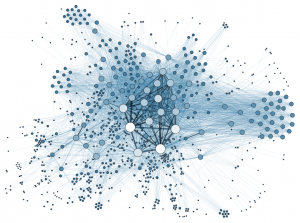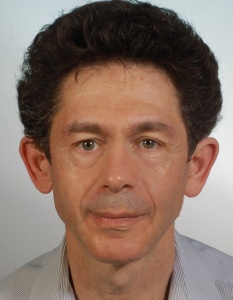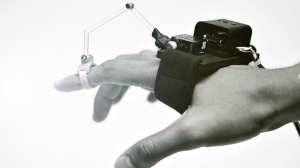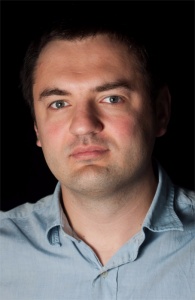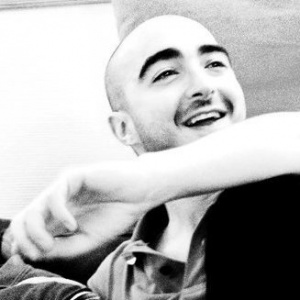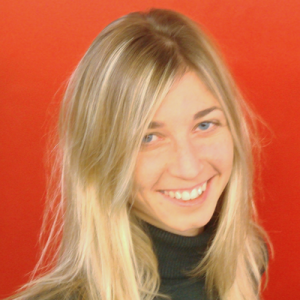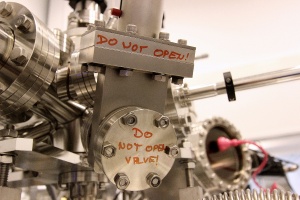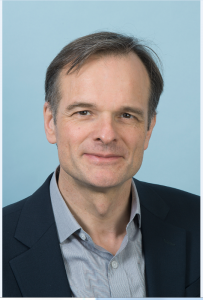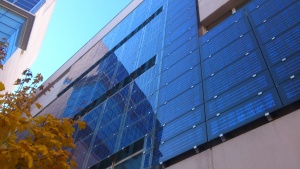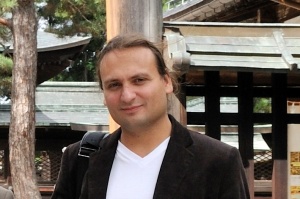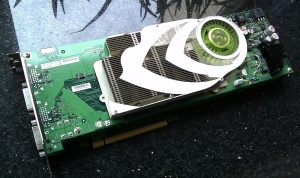We invite you to a seminar with Dr. Marcos Pinotti titled “Inspiring Frontiers of Engineering”.
When: July 23, 2015, 13.30 – 15.00
Where: Room 403, TROC-3
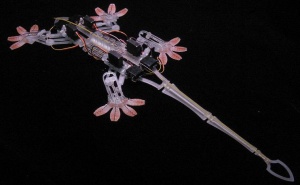
Biomimetic refers to human-made processes, substances, devices, or systems that imitate nature. Image courtesy of wikipedia, under Creative Commons license
SEMINAR ABSTRACT
Innovation is successful use of knowledge to create practical and tangible solutions for the benefit of society. This talk covers basic concepts of bioengineering, biomimetics and their connection with the spectrum of human activity.
In the work conducted in my Labs and companies, the interface with biology expands frontiers of engineering in benefit of health sciences (bioengineering) and in benefit of general engineering by learning nature inspired technologies (biomimetic).
Practical examples of translating science into innovation illustrate product development cycle, patent protection, licensing, regulatory process management and new business model organization. My personal plans for the closest future include:
1) Development of the next generation of orthopedic implants obtained by additive manufacturing
2) Designing light weight and safer car structures
3) Using cognitive computing and internet of things to achieve better diagnostics via equipment connectivity and self-learning by evidences.
Besides all technological difficulties faced in those projects, the creation of usable, tangible and economically viable products depends strongly on the development of new business models and new regulatory frame. The unveiled discoveries hidden beyond the horizon drive me as professor and entrepreneur, transforming the challenging difficulties into attractive and inspiring frontiers of engineering.
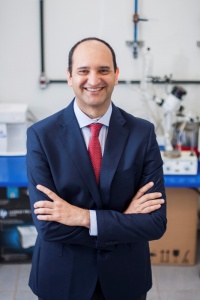
Dr Marcos Pinotti
SPEAKER INTRODUCTION
Marcos Pinotti is Full Professor of Mechanical Engineering at Federal University of Minas Gerais, Belo Horizonte, Brazil. He is the head of three research and innovation laboratories with strong connections to companies – Bioengineering Laboratory (LABBIO), Research Laboratory Applied to Neural Vision (LAPAN) and Advanced Laboratory of Law and Innovation (ALADIN).
He is one of Brazilian leading scientists, entrepreneurs and public actors committed to education, research and innovation. Marcos is the President of The Latin American Society of Biomaterials, Artificial Organs and Tissue Engineering (SLABO), Secretary of the Brazilian Society of Mechanical Sciences and Engineering (ABCM), Member of the Administrative Board of Belo Horizonte Technological Park (BHTEC), member of Copenhagen Institute for Future Studies (Denmark) and Fellow of the International Union of Societies for Biomaterial Sciences and Engineering (IUSBSE). In 2014, he served as the co-chairman of Bioengineering of the National Academy of Engineering Brazil-US Frontiers of Engineering.
Marcos is consultant for different corporations (GE Healthcare, FIAT, EMBRACO-Whirlpool, Vale and Thyssen Krupp) and medium size enterprises in Brazil, Italy and Russia. He also mentors startups companies. As entrepreneur, he founded three companies, one in the area of energy and two devoted to medical devices.
Marcos is also involved in federal policy development in Brazil, he served for more than ten years in the Technical Advisory Committee of the Brazilian President’s Office on Assistive Technology, organizing the scientific area and defining strategies to define investments, policies and regulations.
His research is focused in the areas of biomimetics, bioengineering (for automotive industry, regenerative medicine, cardiology, gynecology, dermatology, assistive technology and neurosciences), and innovation models for companies. He is Mechanical Engineer with Ph.D. in Fluid Mechanics and Heat Transfer.
